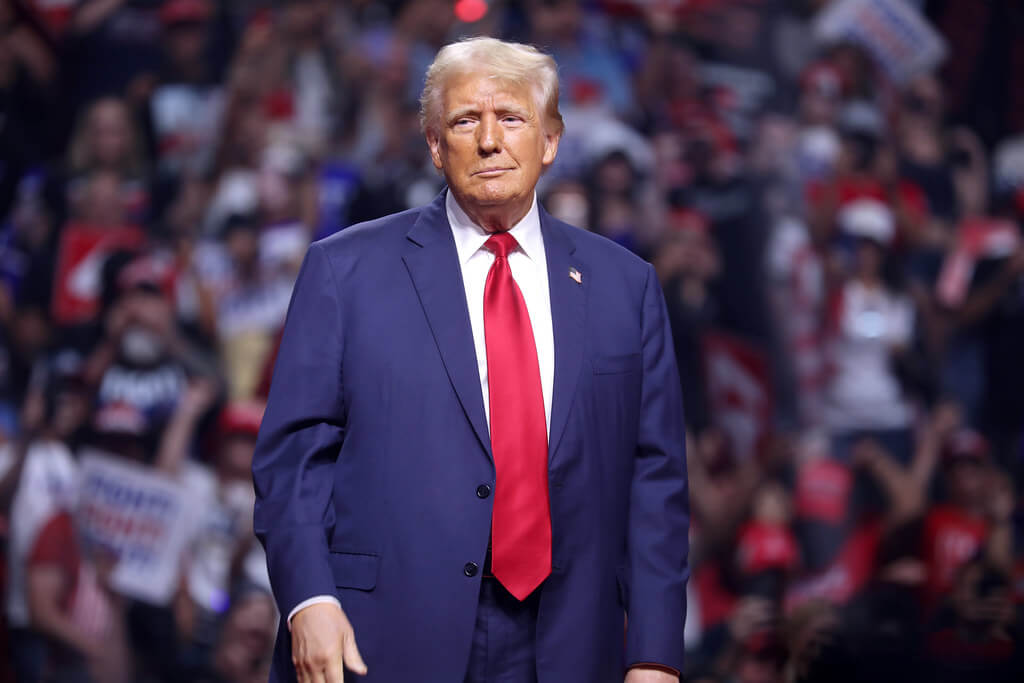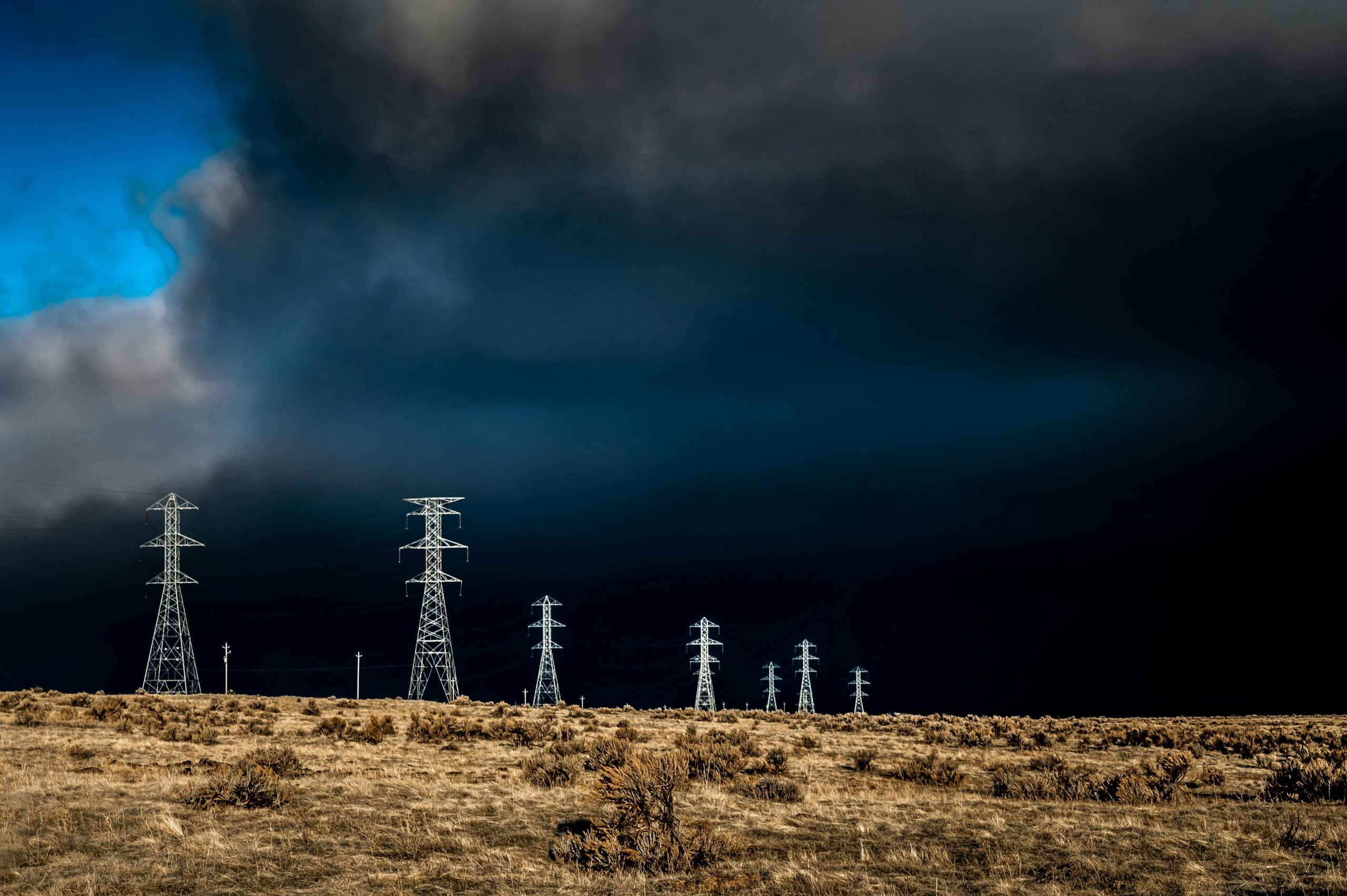In a dramatic televised statement that has set off waves of debate across South Asia, Pakistan’s Defence Minister Khawaja Asif declared that the historic 1972 Simla Agreement is now a “dead document.” According to Asif, this shift marks a turning point in Islamabad’s stance on its longstanding dispute with India over Kashmir, signaling that the issues will henceforth be handled through multilateral or international mechanisms rather than bilateral talks.
This article delves into the background of the Simla Agreement, unpacks Asif’s recent comments, and explores the broader implications for India–Pakistan relations, regional security, and the future of the Kashmir dispute.
A Brief History of the Simla Agreement
The Simla Agreement was signed in 1972 in the aftermath of the 1971 war between India and Pakistan. Its primary aim was to lay the foundation for peaceful resolution of differences between the two nucleararmed neighbours while drawing clear guidelines for handling disputes. One key element of the agreement was assigning the status of the Line of Control (LoC) in Jammu and Kashmir—an area that has long been a bone of contention—defining it as a de facto border while keeping the spirit for further bilateral discussions intact. For decades, India has maintained that the Simla Agreement underpins a mutually agreed process for the resolution of disputes, including the sensitive Kashmir issue, within a bilateral framework. Yet, changing strategic dynamics, rising tensions, and contentious actions by both sides have increasingly called the durability of this agreement into question.
The Landmark Statement by Khawaja Asif
Recently, during a session on live television, Pakistan’s Defence Minister Khawaja Asif made a bold assertion: The Simla Agreement is now a dead document. We are back to the 1948 position, when the United Nations declared the LoC a ceasefire line following the ceasefire and resolutions. Going forward, these disputes will be dealt with multilaterally or internationally.This statement encapsulates a major shift in Islamabad’s approach to handling its disputes with India. By effectively discarding the bilateral process that has long governed dialogue between the two nations, Asif’s remarks suggest that Islamabad is prepared to open up the Kashmir issue—and potentially other contentious matters—to a global forum.
Key Elements of Asif’s Message
1. Dead Document:
In calling the Simla Agreement “a dead document,” Asif declared that the longstanding mechanism, which has been the basis for managing disputes between India and Pakistan for over five decades, is no longer applicable. This language indicates a complete abandonment of the traditional bilateral framework.
2. Return to the 1948 Position:
Asif’s comments reference a reversion to the United Nations’ 1948 designation of the LoC as merely a ceasefire line, rather than a mutually recognized boundary. This move echoes the early days of the conflict when international resolutions were used as the basis to maintain ceasefire protocols.
3. Handling Disputes Internationally:
Perhaps the most significant part of Asif’s statement is his emphasis on the need for a multilateral or international approach to resolving the Kashmir dispute. This indicates that Pakistan is now prepared to involve thirdparty mediators or international institutions to arbitrate issues that were traditionally managed through bilateral dialogue with India.
4. Questioning Other Agreements:
Beyond the Simla Agreement, Asif questioned the relevance of other bilateral accords such as the Indus Waters Treaty. His suggestion that these too might be subject to change underscores a broader recalibration of Pakistan’s strategic posture visàvis India.
The Strategic Context Behind the Statement
Rising Tensions and Regional Instability
The recent declaration comes against a backdrop of rising tension between India and Pakistan, with both sides having witnessed a series of military and political confrontations. The heated exchange over the volatile Kashmir region has been further intensified by a series of events, including terrorist incidents and retaliatory strikes. Following the abrogation of Article 370 by India in 2019—a move that stripped Jammu and Kashmir of its special status—Pakistan has increasingly perceived changes to the status quo as a direct threat to its interests in the disputed territory.
A Shift in Diplomatic Calculus
Pakistan’s move to formalize a return to a 1948 framework illustrates its dissatisfaction with the existing bilateral dialogue. Over recent years, Islamabad has repeatedly raised the Kashmir issue in international forums, asserting that India’s unilateral actions have undermined trust. The declaration that the Simla Agreement is over is not just rhetoric; it is part of a broader strategy to reframe the dispute in international terms.
Involving International Stakeholders
By advocating for a multilateral approach, Pakistan appears to be inviting the involvement of global powers and international organizations in discussions related to Kashmir. This may include engaging countries like China, Gulf allies, as well as tapping into support from Western nations. Such a strategy could potentially alter the regional power dynamic, as well as complicate the prospects for a return to a strictly bilateral process.
Implications for Kashmir
Internationalization of the Kashmir Dispute
One of the immediate effects of replacing a bilateral mechanism with an international or multilateral approach is the risk of further complicating the already sensitive matter of Kashmir. India has consistently maintained that Kashmir is an internal issue that should be resolved solely between India and Pakistan. By opting for international mediation, Islamabad is challenging this perspective and pushing for external actors to weigh in on what has long been considered a bilateral matter.
Potential Consequences
Global Mediation:
With the issue moving to an international arena, governments or international bodies such as the United Nations might be drawn into the dispute. This could lead to increased diplomatic pressure on India, potentially undermining its stance on the region.
New Rules of Engagement:
Internationalizing the dispute may lead to the introduction of new legal and diplomatic frameworks that neither country has previously negotiated. This could fundamentally alter the way Kashmir is managed—potentially opening avenues for resolutions that are acceptable to a broader set of stakeholders, but which may not align with India’s strategic priorities.
Risks of Miscalculation:
Given that both India and Pakistan are nucleararmed, any shift in the status quo carries inherent risks. The possibility of miscommunication or miscalculation increases when disputes are handled beyond the traditional bilateral corridors.
Impact on Regional Stability
If the Kashmir issue is moved to international forums, the regional balance could shift dramatically. There is a possibility that heightened international scrutiny and involvement might limit the scope for unilateral military action, thereby reducing the risk of an unintended escalation. However, it might also embolden other regional players to assert their own interests in South Asia, leading to further geopolitical complexity.
Reactions from India and International Responses
Views from New Delhi
The Indian government and leading analysts have strongly refuted Pakistan’s shift in stance. For New Delhi, the Simla Agreement remains a cornerstone of bilateral dispute resolution, and any attempt to internationalize the Kashmir issue is seen as an infringement on India’s internal affairs.
Diplomatic Tightening:
India has reiterated that all issues concerning Jammu and Kashmir are intrinsically bilateral. There is mounting criticism among the Indian political class that Pakistan’s move is not constructive but rather an escalation designed to complicate the situation.
Security Concerns:
The abandonment of the bilateral framework is being viewed with alarm by Indian defence strategists. There is widespread concern that without the structure provided by the Simla Agreement, the possibilities for misinterpretation at the LoC increase, raising the stakes of any future confrontation.
Global Perspectives
International reactions have been mixed. While some experts see Pakistan’s move as a necessary response to changing geopolitical realities, others warn of the perils of opening the longstanding dispute to international adjudication.
Calls for Restraint:
Nations with vested interests in South Asian stability, including China and several Gulf states, have urged both India and Pakistan to engage in dialogue. These calls for restraint are aimed at preventing an escalation that could destabilize an entire region.
Skepticism About Multilateral Mechanisms:
Many analysts point out that while international mediation might be useful for lowerlevel disputes, handing over an issue as sensitive as Kashmir to multilateral or international players could lead to outcomes that do not fully account for local sensitivities or the historical context of the conflict.
Impact on Global Security:
The risk of nuclear miscalculation remains a significant concern. International experts emphasize that in a nuclear environment, even small missteps can have catastrophic consequences. Ensuring that all discussions remain calm and uninflamed by rhetoric is critical for avoiding dangerous escalations.
Domestic Political Ramifications
In Pakistan
Within Pakistan, Khawaja Asif’s remarks serve multiple purposes. On one hand, they reflect Islamabad’s growing frustration over India’s unilateral actions, particularly following the revocation of Article 370. On the other hand, these comments are designed to project a strong stance, appealing to domestic audiences and reinforcing the image of Pakistan as a nation that will not back down from its claims in Kashmir.
Boosting National Morale:
For many in Pakistan, asserting that the Simla Agreement is dead is a way to regain control over their narrative. It allows the government to argue that previous diplomatic frameworks have failed to protect Pakistan’s interests, especially in light of India’s actions over the last few years.
Shifting the Focus:
By asserting that future discussions will be internationalized, Pakistan aims to shift the focus from months or even decadesold agreements to a broader, more contemporary discussion on the Kashmir conflict. This strategy signals that Pakistan is ready to engage with the evolving international environment.
In India
For India, the prospect of international mediation over Kashmir is seen as an unwelcome intrusion into what it considers to be an internal matter. The Indian government insists that the Simla Agreement is still the appropriate framework for resolving disputes and has warned that any external intervention will further complicate the situation.
Political Pressure:
Opposition politicians and security experts in New Delhi have seized on Pakistan’s statement to advocate for a renewed focus on strengthening India’s own security measures along the LoC. There is concern that the internationalization of the issue may undermine India’s strategic autonomy in the region.
Maintaining the Bilateral Frame:
Indian diplomatic circles continue to stress the importance of bilateral negotiations. Highranking officials have reiterated that Jammu and Kashmir’s future should be decided through discussions between India and Pakistan alone, without the intervention of external parties.
The Road Ahead: What Can Be Expected?
Diplomatic Initiatives and BackChannel Dialogue
Despite the stark rhetoric coming from Islamabad, there remains a window for backchannel dialogue and innovative diplomatic initiatives aimed at deescalating the current tensions. Experts believe that even as official statements move in divergent directions, unilateral communication channels must remain open to prevent accidental escalations.
Channeling the Conversation:
Both India and Pakistan have occasionally used discreet, backchannel communications to resolve immediate issues before they spill over into open conflict. Reestablishing such lines of communication is now more critical than ever.
Revisiting ConfidenceBuilding Measures:
Confidencebuilding measures, including enhanced communication protocols along the LoC and regular dialogues between military officials, could help manage future incidents and maintain a semblance of control over the volatile situation.
The Role of International Mediation
Should Pakistan’s push for multilateral handling of the Kashmir dispute gain traction, international mediation could become a reality. This will likely involve consultations with key global players—possibly including the United States, China, the European Union, or even United Nations bodies.
Potential Benefits:
Multilateral mediation might offer fresh perspectives on an intractable conflict, offering proposals that have been overlooked in the bilateral setting. It may also compel both parties to adhere to internationally recognized norms and laws, thereby ensuring a degree of external oversight.
Challenges and Risks:
Critics caution that international mediation might lead to outcomes that do not fully respect the unique historical and geopolitical nuances of the Kashmir issue. Furthermore, it may be perceived by India as an infringement on its sovereignty, potentially hardening its positions rather than facilitating compromise.
Monitoring the Nuclear Environment
Given that both India and Pakistan are nucleararmed, it is essential that all diplomatic initiatives remain coupled with robust nuclear risk management protocols. The current international focus on preventing nuclear escalation underscores the global imperative to avoid any miscalculation that could have catastrophic consequences.
Safety Protocols:
Establishing or reinforcing existing safetyhotlines and communication channels between the nuclear command authorities of both countries is vital. Such mechanisms have historically served as a buffer against miscommunications that could escalate into fullscale conflicts.
Role of Global Nuclear Watchdogs:
International institutions tasked with monitoring nuclear proliferation and safety may also play a role, ensuring that both nations adhere to global norms and avoid any triggers that could escalate into a nuclear crisis.
Conclusion: A New Chapter or a Dangerous Gamble?
Khawaja Asif’s blunt declaration that “the Simla Agreement is over” and his insistence on handling the Kashmir dispute internationally represent a significant departure from decades of established diplomatic practice between India and Pakistan. For Pakistan, this move can be seen as an attempt to reassert control over the narrative surrounding a longstanding territorial dispute—one that has farreaching implications for both domestic politics and regional security.
For India, however, the shift raises serious concerns. The insistence on multilateral mediation is viewed as an unwelcome intrusion into what is deemed an internal security matter. As India continues to stress that Kashmir and other key issues must be addressed solely through bilateral dialogue, the international community is left to navigate a tense and potentially volatile situation.
Ultimately, the coming weeks and months will reveal whether Pakistan’s new diplomatic posture is a precursor to renewed international involvement that leads to a peaceful resolution of the Kashmir dispute, or whether it will result in further entrenchment and escalation of a conflict that has already spanned several decades. The stakes are high—not only for the two nations involved but also for regional stability and global security.
As global policymakers, defence experts, and everyday citizens watch these developments with bated breath, it is clear that the traditional frameworks of conflict resolution are being reevaluated in light of changing geopolitical realities. Whether this marks the beginning of a new chapter in India–Pakistan relations or a dangerous gamble with farreaching consequences remains to be seen.
Final Thoughts
In an era characterized by rapid geopolitical shifts, the statement that “the Simla Agreement is over” serves as a stark reminder that even the most longstanding diplomatic accords may be rendered obsolete by changing strategic imperatives. Pakistan’s move to propose an internationalization of the Kashmir issue raises the possibility of a new, albeit uncertain, diplomatic landscape. At the same time, it challenges all stakeholders—including India, regional players, and the international community—to work together to ensure that the pursuit of peace and stability remains paramount.
In the complex calculus of South Asian geopolitics, dialogue—whether bilateral or multilateral—is the only viable path to a peaceful resolution. As both nations navigate this reinvigorated debate on how best to handle one of the world’s most enduring disputes, the hope remains that reason and restraint will ultimately prevail over rhetoric and escalation.
Only time will tell how this latest pronouncement will reshape the intricate tapestry of India–Pakistan relations. For now, the declaration that the Simla Agreement is over is a clarion call for a reexamination of old paradigms—a rethinking of how a region long steeped in conflict might finally step toward a more stable and secure future.
Sources: This analysis incorporates details from leading news outlets and insights from recent interviews with Pakistan’s Defence Minister Khawaja Asif, as reported by MSN, Business Today, Indian Defence News, and other media covering the unfolding developments.
This article aims to provide a detailed, balanced perspective on the recent declaration and its implications. Stay tuned as more updates emerge on this evolving story that will undoubtedly shape the future discourse on the Kashmir issue and the broader dynamics in South Asia.






One thought on “Pak Defence Minister Khawaja Asif Declares- “Simla Agreement Is Over””